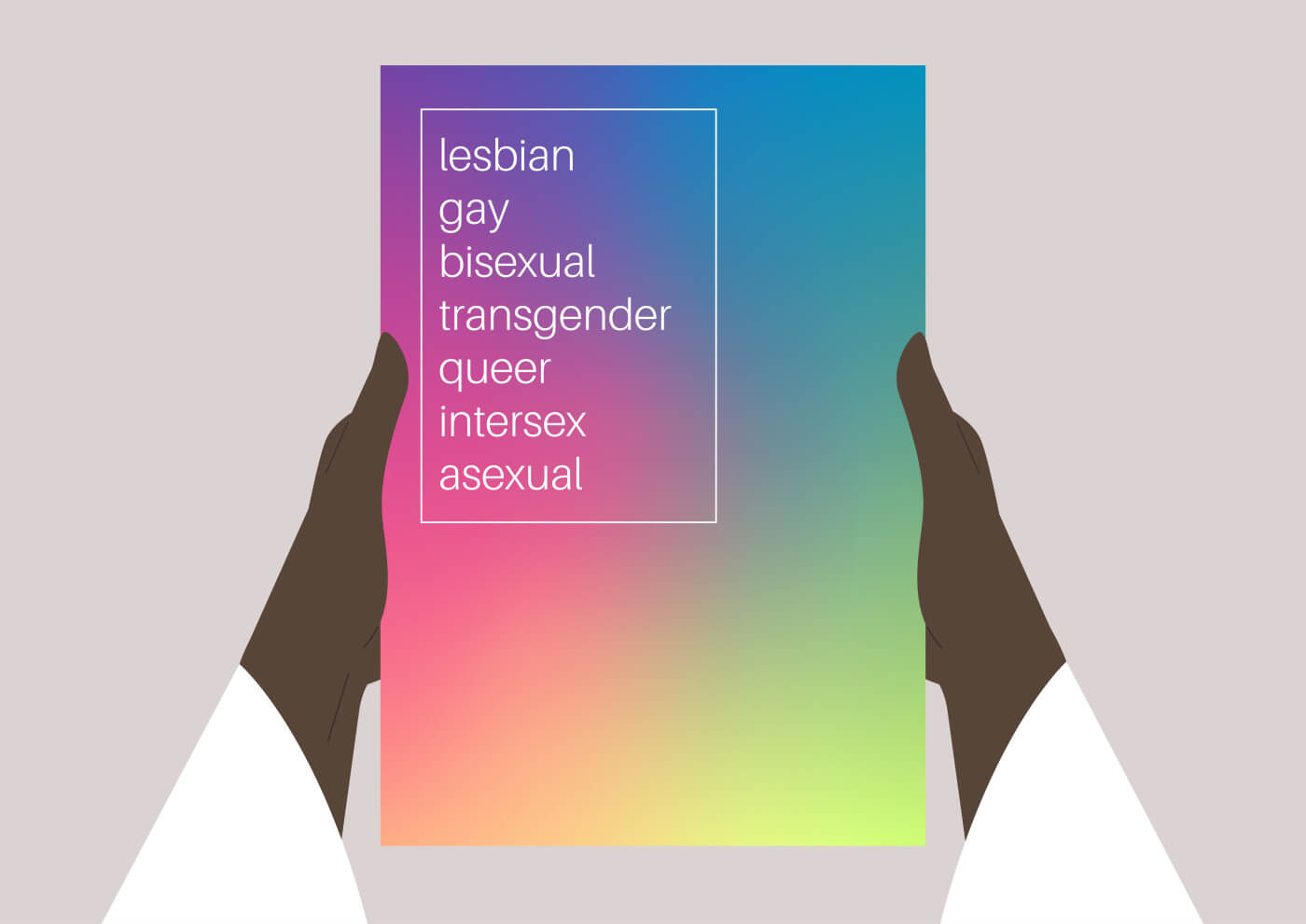
How to Support Your Trans Friends
For anyone who isn’t familiar with the term transgender, it describes a gender identity that is different than the one assigned to that person at birth. If a friend or family member comes out as transgender, it may be challenging to know how to respond and show support. This is why we created this guide on how to support your trans friends and family members.
For family, there are support groups and therapists to help your family navigate these new waters. Psychology Today has both, and you can use the search function and filters to seek out specialists in gender identity as well safe local groups.
For friends, there are also many ways to support those who are thinking about transitioning, in the process of transitioning, or who have transitioned. The process of becoming a good ally is ongoing, just like gender transitioning. Remember, there is no way to be a perfect ally, but with these resources you can start being supportive and practicing active allyship with your trans friends.
Do Your Research
If you want to learn more about transgender identities and experiences in general, there are plenty of resources to find on the internet, especially on YouTube, and TikTok. Everyone is in a different place on their journey. Some bloggers may be ready to share their experiences.
On the other hand, your friend may not feel it is their responsibility to educate you on what you can do yourself, and that is perfectly valid. They may share experiences when trust is established, but it is not their job to teach you, especially in the age of Google. The most basic rule you will find is that it is inappropriate to ask trans folx about their body and sexuality, unless invited. You are allowed to be curious but learning more means doing the work yourself at first.
You may even want to find some support for yourself, if this brings up strong feelings for you. You do not have to understand someone’s identity to respect it. But you may want to understand to be a better ally. Check out the resources on transequality.com which include what transgender means, Trans Rights, Self Help Guides for IDs and healthcare, and a host of issues that trans folx face, of which you may or not be aware.
Listen and Use Their Language
Language and terminology are important and personal. We understand how someone identifies as we listen to and interact with them. If you are unsure of your friend’s pronouns now, you can ask them so that you are using their language.
Some people may change pronouns a few times to find what feels right. Try to be flexible and pay attention. Some people, in various stages of their journey might even change their language from, for example, female to male (FTM) to trans man, transmasculine, or many others.
Some trans folx also change their name. They may refer to their government name as their "deadname.” You may find it difficult to switch names or pronouns immediately depending on how long you have known your friend. Do keep communication open and correct mistakes as you can. It will likely not happen all at once. The effort is what is important here. The intention to make the change will be appreciated, even if it’s not flawless.
Practice Being an Ally
Unfortunately, trans people are often discriminated against by healthcare providers, schools, employers, housing, places of faith and worship, and sometimes their own families. They still need a good support system and that is their friends.
Being a good ally is just like being a good friend. The main difference here is that it is a continuing process of recognizing transphobia and challenging yourself to notice your own misconceptions or biases to change them. It means speaking with your friend, not for them.
This could mean calling out a transphobic joke, helping your friend find professionals, or even correcting someone who uses the wrong name or pronoun in your friend’s absence. You can also save the below number in your phone right now.
If you or someone you know needs support, “even if you’re not in crisis or not sure you’re trans,” then call the peer support Trans Lifeline 24/7 Hotline at 877-565-8860. Press 2 for Spanish.





